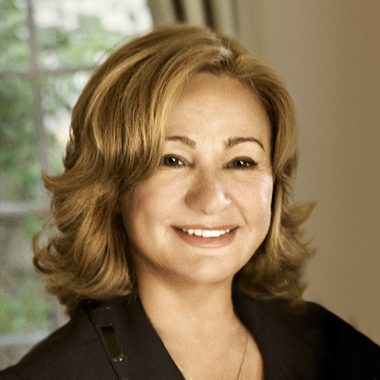Spiritual greatness is defined more by what we do with all that we have learned, and less with what we know. It is behavior that makes us spiritual, not beliefs.
"It is behavior that makes us spiritual, not beliefs."
In the portion of Tzav, Moses is instructing the sons of Aaron how to bring sacrifices to the Tabernacle. The portion is filled with many intricacies and much minutia on how to carry out sacrifices: what to burn upon the altar; what not to burn; what to eat; and what not to eat. The words tell us a story, but every letter is a code, revealing insights about the union of the physical and spiritual worlds. I’d like to focus on one aspect giving us a direction for the seven days ahead.
One of the instructions Moses gives to the sons of Aaron, is to take the ashes from the sacrifices made upon the altar, and to move them to a place outside the Tabernacle. This seems like a strange request! Nadav and Avihu were considered to be of an extremely elevated consciousness. Of all the people in the congregation, why would they be required to perform the task of taking out the garbage? It seems like a job for a lowly servant, not a high priest. Surely the sons of Aaron have more important scholarly and spiritual things to do.
And yet, it is exactly the opposite. The higher the spiritual level we attain, the more we are required to work – to use the shovel, to go into the dirt, to be the servants of our community and of humankind.
This reminds me a lot of a lesson my late husband Rav Berg learned from his own teacher, Rav Brandwein. The Rav had traveled such a long distance to be with his teacher, to study with him for the very first time. He was so anxious to learn Kabbalah. Yet, when he arrived, his teacher, Rav Brandwein, insisted that they pack up boxes of kabbalah books together. Naturally, the Rav was confused. Packing boxes? Couldn’t he pay someone to pack the boxes? He had come to study important wisdom with a great spiritual master!
"It is our responsibility to walk the talk."
This was his first lesson from Rav Brandwein: A master does not only teach. A master does.
A compassionate person is not considered so because they speak of compassion, but rather because they are compassionate. A caring person does not teach about kindness, but rather expresses it at every level. A spiritual being does not preach to people about spirituality, but rather they embody it.
There is a very special energy in the universe this week. Perhaps you’ve already begun to feel it. It is pushing us forward, helping us all to evolve from a place of thinking, talking, and even acting spiritual to a state of being spiritual.
May we be ever present and on the lookout for these opportunities that present themselves to us this week. May we see all challenges that arise as a chance for spiritual elevation. Let us find those moments where we can move ourselves from being a spiritual student to becoming a spiritual master.
For as we learn from the portion of Tzav, the greater one’s level of spiritual elevation, the greater their capacity and responsibility to walk the talk.
This article was originally published in 2017.
